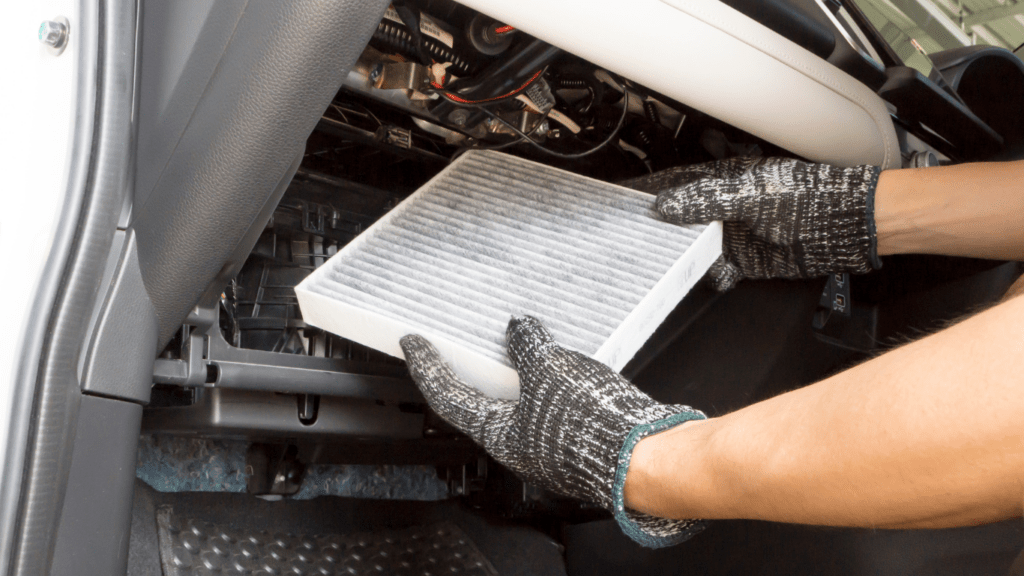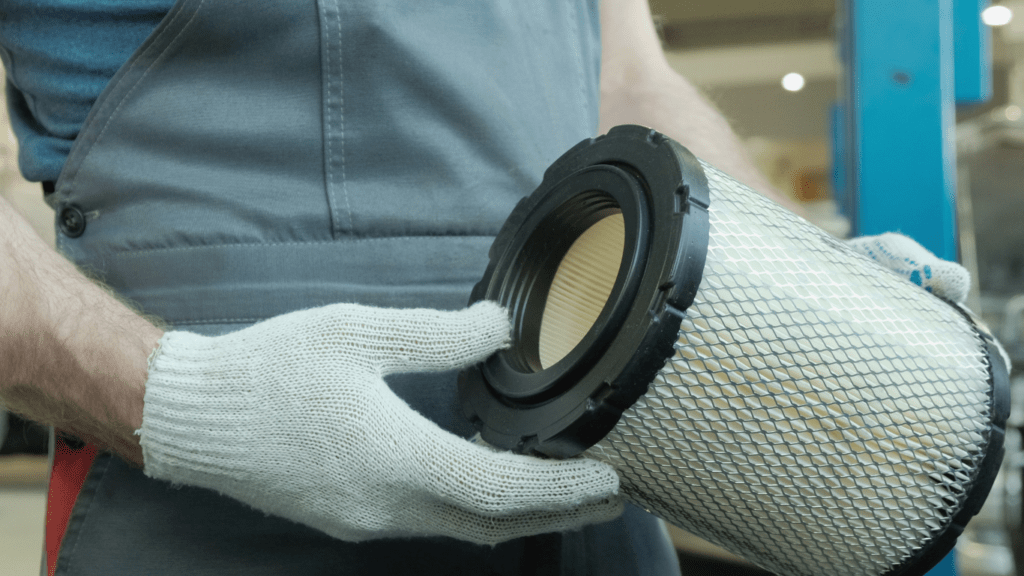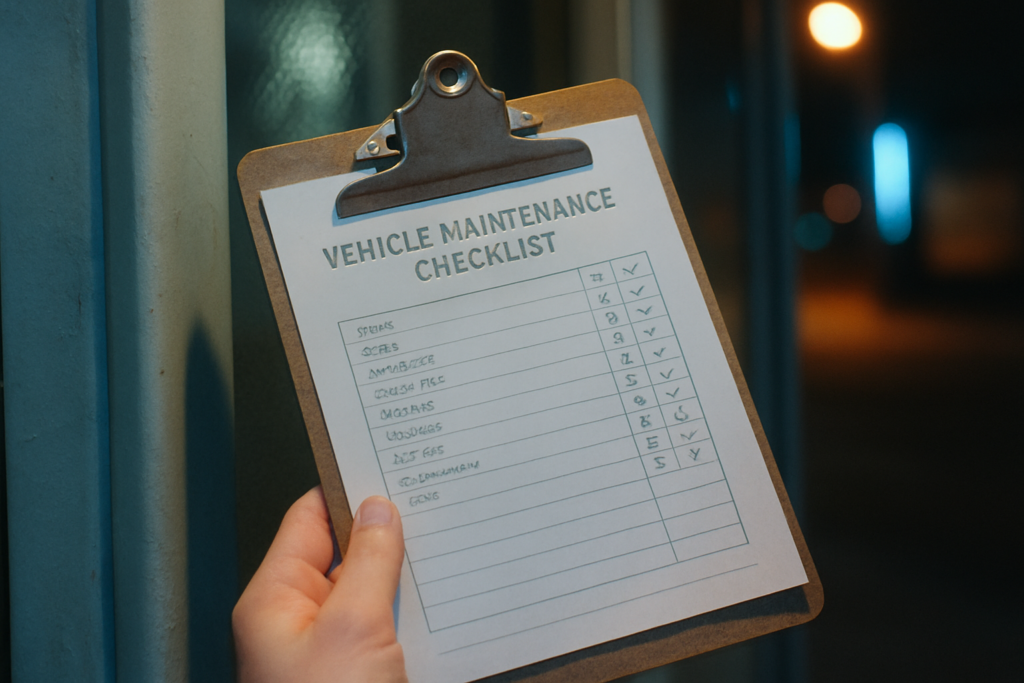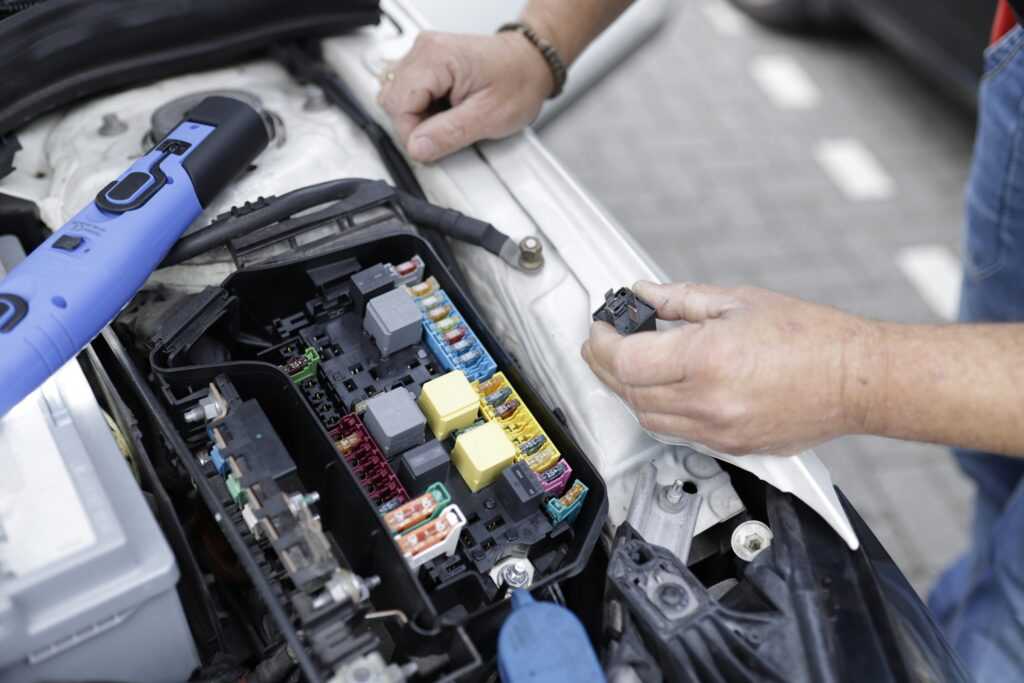Importance Of Air Filters
Air filters are crucial components in HVAC systems. They trap dust, pollen, mold spores, and other airborne particles, preventing them from circulating through your home. When filters do this effectively, they maintain air quality and ensure the HVAC system runs efficiently.
Clean air filters enhance indoor air quality by capturing allergens (e.g., pet dander, dust mites). A higher air quality makes it easier to breathe, particularly for individuals with asthma or allergies. Consequently, using quality air filters can improve overall health.
Efficient air filters help HVAC systems run smoothly. When filters are clean, air flows freely through the system, reducing the strain on the motor. This efficiency means the system consumes less energy, leading to lower utility bills. According to the U.S. Department of Energy, replacing a dirty filter can lower an HVAC system’s energy consumption by up to 15%.
In addition to saving money on energy, regular filter changes can prolong an HVAC system’s lifespan. A clogged filter makes the system work harder, which can cause overheating and damage over time. Routine maintenance, including changing air filters, ensures the system operates under optimal conditions, reducing the risk of breakdowns and extending its life.
Dirty filters can lead to costly repairs. If neglected, a clogged filter can cause the evaporator coil to freeze, the fan motor to fail, or the entire system to overheat. Addressing these problems can be expensive. Changing filters regularly is a preventive step that avoids these issues, saving money on repair bills.
Investing in high-quality air filters, though initially more expensive, offers long-term savings. They last longer and capture more particles, providing better protection for both the HVAC system and household air quality.
By recognizing the importance of air filters, homeowners can make informed decisions that benefit their health, finances, and HVAC system’s performance.
How Air Filters Improve Efficiency

Regularly changing air filters directly impacts HVAC efficiency, saving money and boosting performance.
Increased HVAC Performance
Clean air filters improve HVAC performance by allowing unobstructed airflow. Efficient airflow reduces the workload on the system, decreasing energy consumption. When filters are clean, the HVAC system maintains the desired temperature with less effort. This consistent operation keeps energy bills lower and ensures the system runs smoothly.
Extended Equipment Lifespan
Changing air filters regularly extends the equipment lifespan. Clean filters prevent the buildup of dust and debris inside the system. This reduces wear and tear on crucial components like fan motors and coils. By maintaining clean filters, costly repairs and premature system failures are avoided. Consistent maintenance increases the system’s operational years, offering long-term savings and reliable performance.
Cost Savings From Regular Changes
Regularly changing air filters offers significant financial advantages. Optimizing your HVAC system’s efficiency through routine maintenance translates into tangible cost savings.
Lower Energy Bills
Clean filters help reduce energy consumption. When filters stay unclogged, HVAC systems operate efficiently without overworking. According to the U.S. Department of Energy, clean air filters can lower energy usage by up to 15%. For example, if your monthly energy bill is $200, you could save $30 by maintaining clean filters. This not only leads to immediate savings but also reflects long-term financial benefits due to consistent energy efficiency.
Reduced Maintenance Costs
Regular filter changes minimize the likelihood of expensive repairs. Dirty filters cause undue strain on the HVAC system, leading to issues like frozen evaporator coils or failed fan motors. By ensuring filters are clean, you reduce the chances of these costly problems. Additionally, well-maintained systems face fewer breakdowns, resulting in lower overall maintenance expenses. For instance, a repair for a frozen coil can cost around $500-$2,000, an expense you can avoid with regular filter changes. These savings add up, making proactive filter maintenance a sound financial strategy.
Health Benefits
Changing air filters regularly doesn’t just save money; it also offers significant health advantages. Clean air filters ensure you’re breathing fresher, healthier air inside your home.
Improved Indoor Air Quality
Clean air filters effectively trap dust, pollen, mold spores, and other airborne particles. This process significantly enhances indoor air quality. By preventing contaminants from recirculating through the HVAC system, filters help reduce the levels of indoor pollutants. According to the Environmental Protection Agency (EPA), maintaining good indoor air quality can alleviate symptoms of asthma and other respiratory conditions.
Reduced Allergy Symptoms
For those with allergies, clean air filters can be a game-changer. Efficient air filters capture allergens like pollen, pet dander, and dust mites. By reducing the concentration of these allergens indoors, filters help minimize allergy symptoms. For instance, high-efficiency particulate air (HEPA) filters can remove up to 99.97% of airborne particles, according to the U.S. Department of Energy. This leads to fewer allergy flare-ups and a more comfortable living environment.
Identifying When To Change Air Filters
Regular air filter changes can save you money and improve your home’s comfort. Here’s how to know when it’s time for a change.
Signs Of A Dirty Filter
Detecting a dirty filter involves observing specific signs:
- Reduced Airflow: Weaker airflow from vents indicates a clogged filter.
- Increased Dust: More dust settling on surfaces shows the filter isn’t effective.
- Higher Energy Bills: Sudden spikes in energy costs suggest the HVAC is working harder.
- System Strain: Unusual noises from the HVAC system point to increased strain due to a clogged filter.
- Poor Indoor Air Quality: Increased indoor allergens may be due to a dirty filter, exacerbating allergies or respiratory issues.
- Every 1-3 Months: Standard filters generally last for 1-3 months.
- Monthly Checks: It’s wise to check filters monthly during peak usage seasons like summer and winter.
- Pets Or Allergies: Homes with pets or allergy sufferers should change filters more frequently, about every 1-2 months.
- High-Efficiency Filters: HEPA and other high-efficiency filters may last up to 12 months but check manufacturer guidelines.




